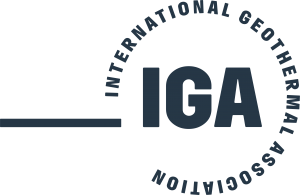Global data standards: the new geothermal industry target
Prepared by: Katarzyna A. Kurek
Discussions about standardization of products and data has become a part of business development models. The European Union has prioritised policies regarding for instance standards in charging ports and the introduction of single plugs EU wide. In case of geothermal resources the topic of standardization starts to be considered as a necessary landscape for understanding and managing energy resources and has moved the topic of standardisation beyond the regulatory framework space.
Representatives of the global geothermal industry highlight lacking standards in data information and classification. Fragmented collection systems produces uncertainty in the mapping of and quantification of geothermal resources and therefore jeopardizes the geothermal investment and business development. Information consistency with the purpose of connecting the geothermal sector across the member states is a must. However, implementing data, information and methodological standards call for serious and concrete steps within the EU and beyond.
Related Content:
The Geothermal Decade 2020-2030 (#GeothermalDecade) imposes the role for geothermal resources in energy security and green transformation as a political priority at national and EU levels. This was a main message of the European Geothermal Congress held in October 2022, in Berlin. Among many standardization issues raised during this event the necessity of developing standards of data reporting, information standards for data sharing and transparency of the geothermal production data leaded throughout discussions. The focus on heat from the geothermal resources dominates the decarbonization talks however, do we know where we stand with the geothermal heat data? Data and the systems that process data are balkanized into data fiefdoms, even within utilities and energy providers. Even how geothermal data is calculated varies intensely within a single geothermal establishment, depending on what approaches are being used for calculations and where the geothermal network is located. When regulators, responsible for public investments, make decisions in developing the renewable energy infrastructure, they rely on external sources of data exploitation. The cost of aligning with public benefit programs that are operating without data standardization is imposing major inefficiencies on the energy planning and the industry development in general. How do all these parties coordinate when their goals and the rules they operate under differ? For a start, a work on aligning the data taxonomies and collection schemes seems urgent.
Why data standardization is important for the expansion of geothermal industry is well explained in the study of Krieger et al. (2022). The scientific research findings underline the dramatic problem in definitions, data consistency, reporting values for the direct energy production mostly for the geothermal heat production. It results in misalignment of the global geothermal data reporting and leads to a risk of bias geothermal investment decisions. Attention to establish standardized data procedures and terminologies for an improved policy and forecasting emerges from this study.
The Geothermal Decade is hoped to path a way for a standard development in data collection and sharing. With the support of dedicated EU policies enhancing data standardization for the geothermal industry is a next step towards standards for the renewable energies sector. Still some work ahead until a ‘single plug’ solution for geothermal data collection is implemented. Exchange of data and setting methodological standards will be possible nevertheless. The joint efforts in assuring standardization for geothermal data will produce good practices which in return will attract more global investment in the geothermal resources development.


